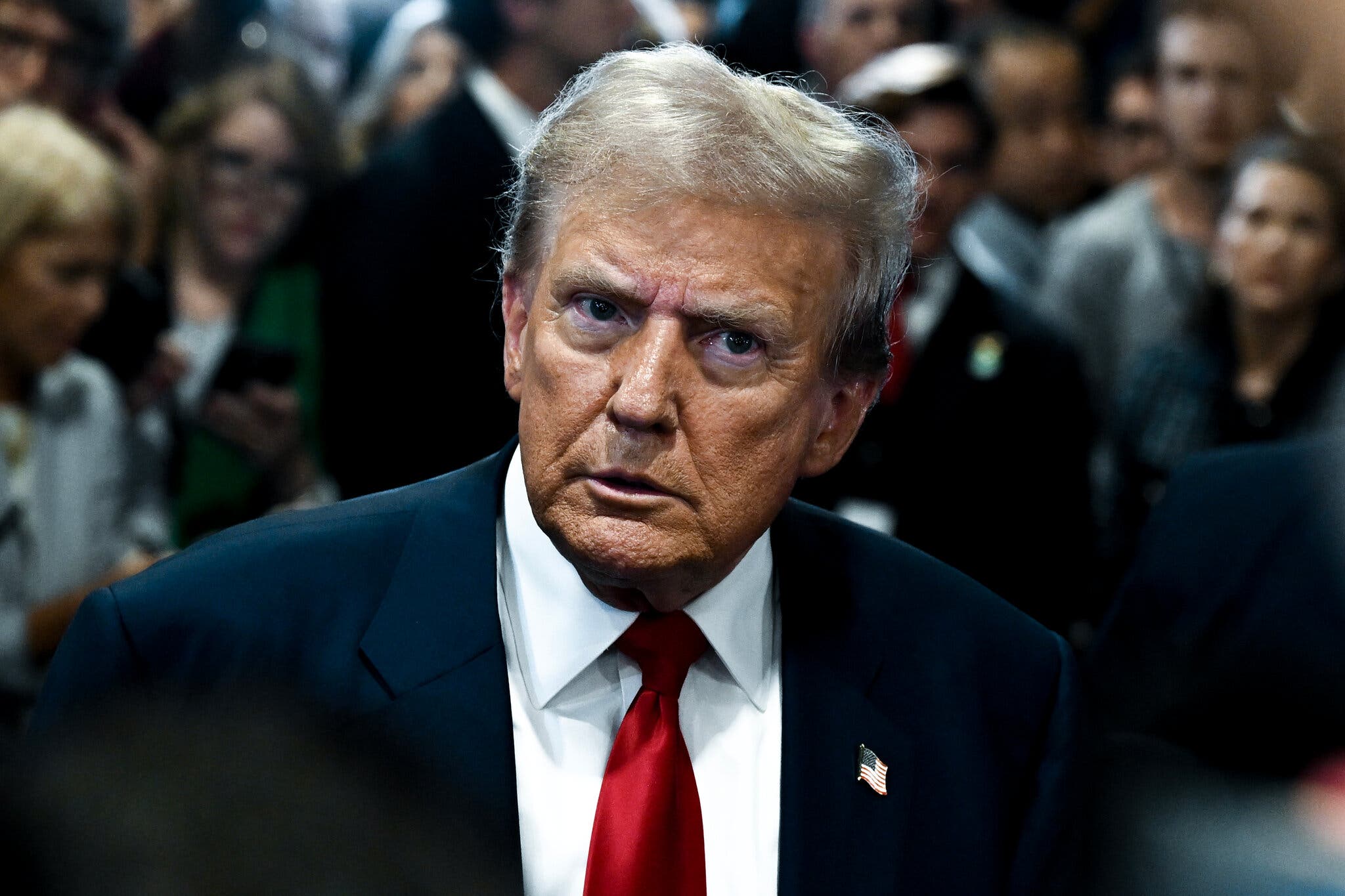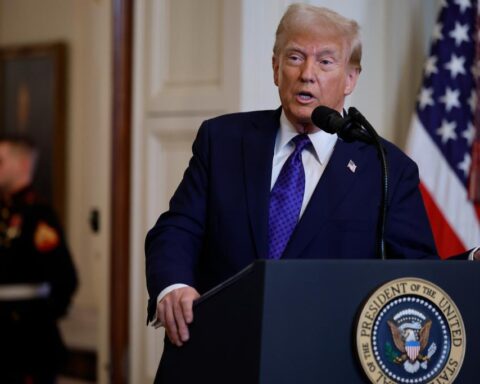Meta Bans RT and Associated Entities Globally; YouTube Removes Over 230 Channels as Part of Coordinated Effort to Combat Foreign Influence
In a significant escalation of efforts to combat disinformation, Meta and YouTube have intensified their actions against Russian media outlets, including the state-owned RT network. These moves reflect broader efforts by U.S. authorities to address the influence of foreign disinformation on social media platforms.
On Monday, Meta, the parent company of Facebook, Instagram, and WhatsApp, announced it would implement a global ban on RT and related Russian state media entities. This decision is part of a broader strategy to combat foreign interference, particularly given recent revelations about Russian efforts to manipulate discourse online. “After careful consideration, we expanded our ongoing enforcement against Russian state media outlets,” Meta stated, citing the need to address foreign interference activities.
The crackdown follows recent U.S. sanctions against RT, which has been accused of acting as an arm of Russia’s intelligence agencies. The Biden administration has taken steps to counteract what it perceives as Russian attempts to influence American politics, including allegations that RT was involved in efforts to interfere in the upcoming presidential election.
In tandem with Meta’s actions, YouTube has removed over 230 channels affiliated with RT’s owner, AVO TV Novosti, and Rossiya Segodnya, the parent company of Sputnik. This follows YouTube’s earlier decision in March 2022 to block Russian state-sponsored news channels globally. “We’re complying with U.S. government sanctions and continuing our efforts to limit the spread of harmful disinformation,” a YouTube spokeswoman said.
The intensification of these actions comes as U.S. intelligence officials warn of ongoing Russian efforts to bolster political campaigns and influence public opinion, particularly targeting former President Donald J. Trump’s campaign in response to the Biden administration’s support for Ukraine.
This latest move by Meta and YouTube highlights a broader trend of increased vigilance against foreign disinformation, particularly from state-sponsored actors. Since the 2016 election, Meta has been under scrutiny for its role in facilitating the spread of divisive content, and recent years have seen the company implement various measures to curb such influence. These include reducing the visibility of political posts and regularly releasing reports on foreign disinformation campaigns.
Despite these efforts, Russian media outlets have found ways to circumvent bans and continue their influence operations. The challenge of fully eliminating foreign disinformation from social media platforms underscores the ongoing struggle between tech companies, governments, and state-sponsored actors seeking to shape global narratives.
As the Senate Intelligence Committee prepares to hold hearings on foreign threats to the upcoming election, the actions by Meta and YouTube are part of a broader strategy to safeguard the integrity of democratic processes and address the evolving tactics of disinformation campaigns.
4o mini













